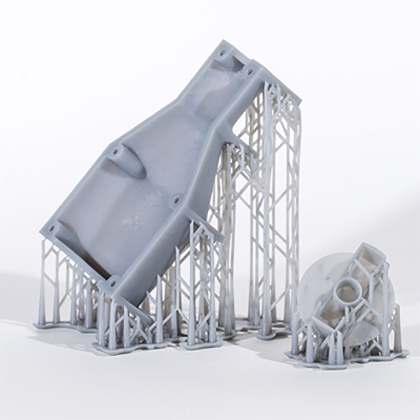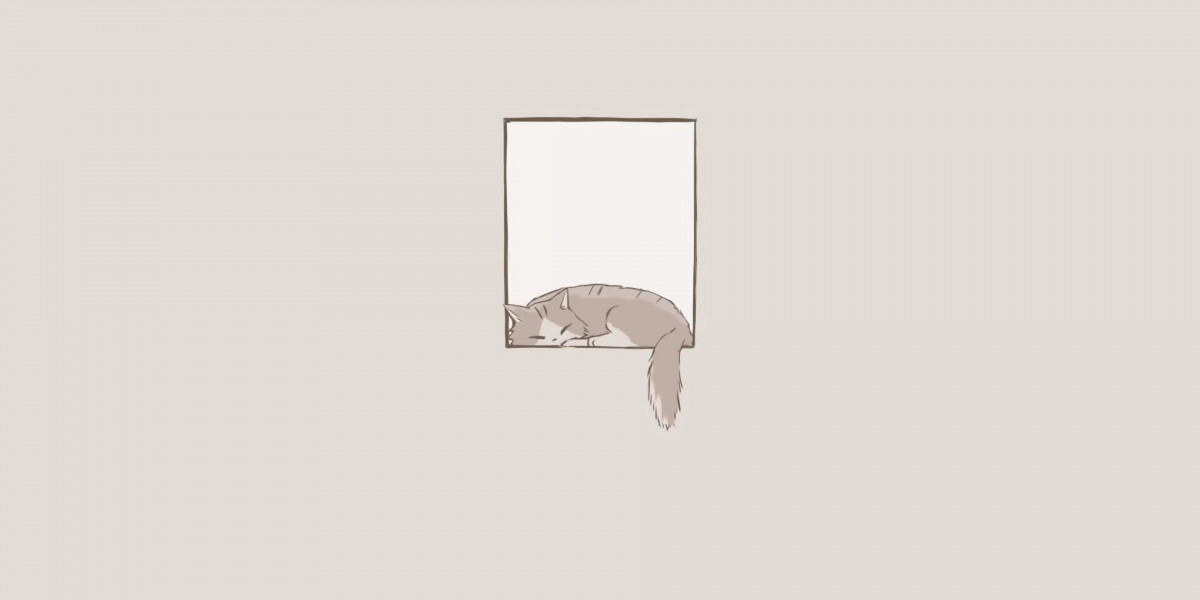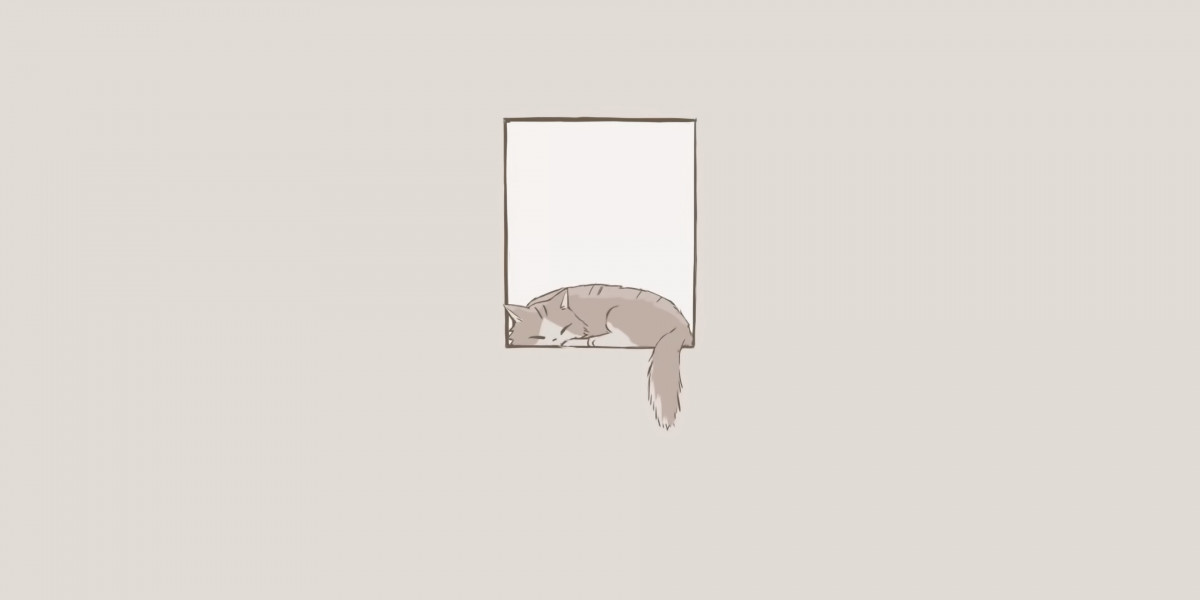Unlocking the Secrets Behind SLA 3D Printing Quotes: What You Need to Know!
SLA 3D printing, or Stereolithography, has transformed the way we create and prototype, offering unmatched precision and detail. Understanding the quotes associated with SLA 3D printing is essential for anyone looking to leverage this remarkable technology, whether for industrial applications, custom prototypes, or intricate designs. The pricing can vary significantly based on several factors, making it crucial to grasp what influences these quotes. In this article, we will explore the intricacies of SLA 3D printing quotes, delving into what they encompass and how you can navigate this landscape effectively.

Understanding SLA 3D Printing
SLA (Stereolithography Apparatus) 3D printing is a revolutionary additive manufacturing technology that utilizes a laser to cure liquid resin into solid objects. This method allows for the creation of highly detailed and intricate designs, making it particularly popular in industries such as jewelry, dental, and aerospace. Unlike other 3D printing methods that may use filament or powder, SLA produces smooth and precise finishes, which is often necessary for applications requiring fine details. The technology works by projecting a UV laser onto a vat of resin, solidifying the resin layer by layer to form the desired object. One of the key advantages of SLA 3D printing is its ability to produce highly complex geometries that would be challenging or impossible to achieve with traditional manufacturing methods. As a result, it has become an indispensable tool for designers and engineers looking to innovate and push the boundaries of what is possible.
The Components of SLA 3D Printing Quotes
When it comes to SLA 3D printing quotes, several components come into play, each contributing to the overall cost. The primary elements include material costs, labor, machine time, and post-processing. Material costs refer to the type of resin used, which can vary in price depending on its properties and quality. Labor costs encompass the time required for setup, operation, and finishing work, all of which can vary based on the complexity of the project. Additionally, machine time is a critical factor; the longer the printing process, the higher the cost. Post-processing, which may include sanding, painting, or assembling parts, can also add to the total. Understanding these components is essential for accurately assessing and comparing quotes, ensuring that you have a clear picture of what you are paying for and why.
Factors Influencing Pricing
The pricing of SLA 3D printing services can fluctuate based on several factors. One significant factor is the design complexity; intricate designs that require more detailed work or longer print times will naturally cost more. Additionally, the volume of production plays a crucial role; printing multiple parts at once may lower the per-unit cost compared to single-item production. Quality requirements also influence pricing; if a project demands high precision or specific tolerances, costs may rise accordingly. For instance, a friend of mine who works in product development recently had to choose between a quick prototype and one that required stringent quality checks. The latter option, while more expensive, provided the accuracy needed for their testing phase. Understanding these factors can help you make informed decisions when budgeting for your SLA 3D printing projects.
How to Request and Compare Quotes
Requesting and comparing quotes for SLA 3D printing services can be straightforward if you know what to look for. Start by clearly defining your project requirements, including the design, materials, and desired finish. When reaching out to service providers, provide as much detail as possible to receive accurate quotes. It's also wise to ask about their experience with similar projects, as this can shed light on their capabilities. Once you receive multiple quotes, compare them carefully, focusing not just on price but also on the components like material quality, turnaround time, and customer service. A friend of mine shared her experience of selecting a provider based on their responsiveness and willingness to offer insights, rather than just the lowest price, which ultimately led to a more satisfying project outcome. By being thorough in your comparison, you can ensure you are getting the best value for your investment.
Summary of Key Insights on SLA 3D Printing Quotes
In summary, understanding SLA 3D printing quotes is essential for anyone looking to utilize this advanced technology effectively. By breaking down the components of these quotes and recognizing the factors that influence pricing, you can make informed decisions that align with your project goals. Whether you're a designer, engineer, or hobbyist, being equipped with this knowledge will empower you to navigate the SLA 3D printing landscape with confidence. As you seek out services, remember to consider not only the cost but also the quality and value being offered. With the right approach, you can unlock the full potential of SLA 3D printing for your needs.








